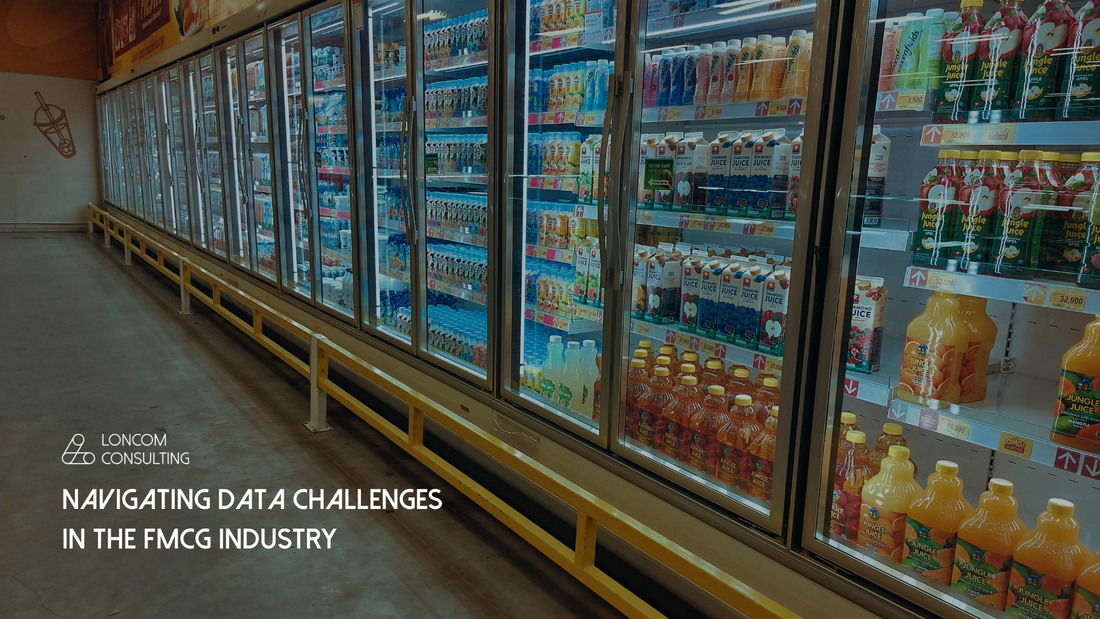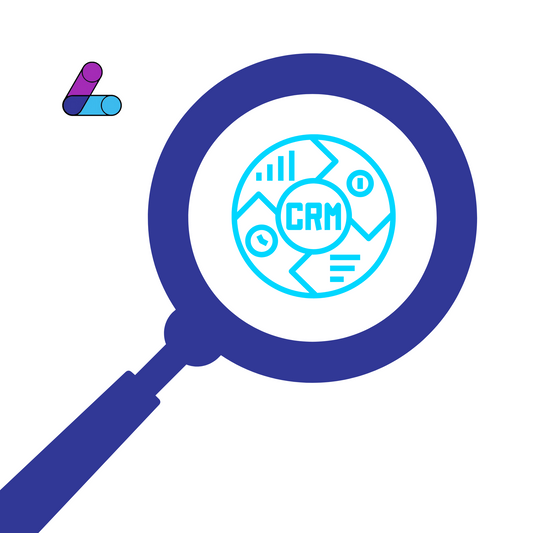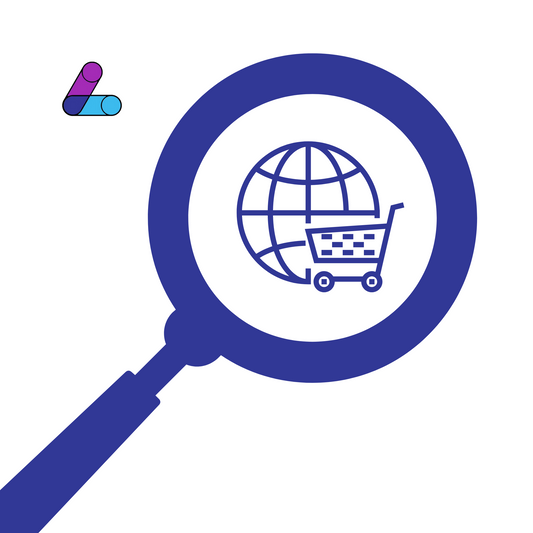In Fast-Moving Consumer Goods (FMCG) industry, data plays a pivotal role in driving growth, efficiency, and customer satisfaction. FMCG companies are faced with an abundance of data from various sources, such as sales transactions, customer interactions, supply chain operations, and market trends. However, effectively managing and leveraging this data can be a daunting task. In this blog, we'll explore the common data challenges faced by the FMCG industry and discuss how businesses can overcome them to gain a competitive edge.
Data Collection and Integration
One of the primary challenges in the FMCG industry is the vast amount of data generated across different departments and systems. Sales teams, marketing, logistics, and supply chain all produce valuable data, but often in silos. The lack of integration makes it challenging to get a holistic view of the business and hinders data-driven decision-making.
Implementing a unified data management system allows FMCG companies to centralize and integrate data from various sources. With all data accessible in one place, businesses can gain comprehensive insights and make informed decisions that drive efficiency and improve overall performance.
Real-Time Data Analysis
Data is constantly changing, and insights must be timely to be actionable. Traditional data analysis methods that rely on manual reporting can lead to delays, making it difficult for businesses to respond quickly to market trends or customer demands.
Leveraging advanced data analytics tools, such as machine learning algorithms can help FMCG companies gain real-time insights. These analytics enable businesses to spot trends, identify opportunities, and predict consumer behavior, empowering them to make proactive and data-driven decisions.

Data Quality and Accuracy
Inaccurate or incomplete data can lead to flawed analysis and misguided business decisions. FMCG companies often struggle with data quality issues, such as duplicate records, outdated information, or inconsistent data formats.
Data governance policies and data validation processes can significantly improve data quality. By regularly cleaning and enriching their data, FMCG companies can ensure that the information they rely on for decision-making is accurate, reliable, and up-to-date.
Customer Segmentation and Personalization
Understanding customer behavior and preferences is crucial for FMCG companies to deliver personalized experiences and targeted marketing campaigns. However, without effective data analysis, businesses may struggle to segment their customer base effectively.
Utilizing various tools such as customer relationship management (CRM) systems enables FMCG companies to segment their customers based on demographics, purchase history, and interactions. This segmentation allows for targeted marketing efforts, personalized promotions, and improved customer satisfaction.
As the FMCG industry continues to evolve in a rapidly changing market landscape, data challenges present both obstacles and opportunities for businesses. Embracing data-driven strategies is no longer an option but a necessity for FMCG companies aiming to stay competitive and meet customer demands effectively.
Reach out to us today, and let's embark on a transformative journey together, empowering your FMCG business with data-driven strategies for a brighter and more prosperous future. Embrace the power of data and unlock the true potential of your FMCG business with our specialized services and solutions.





